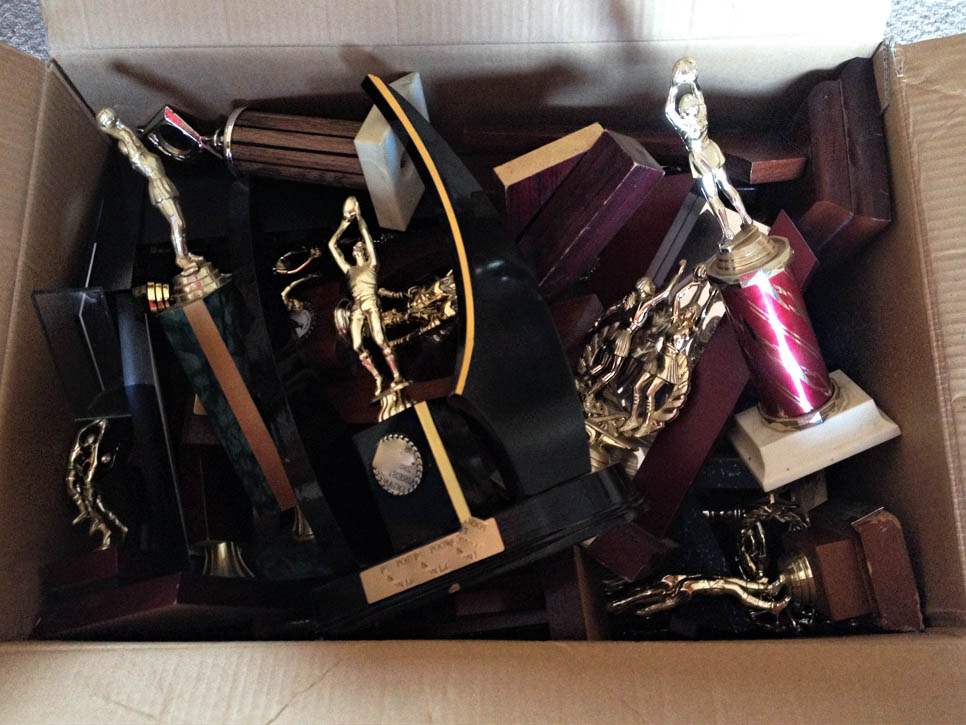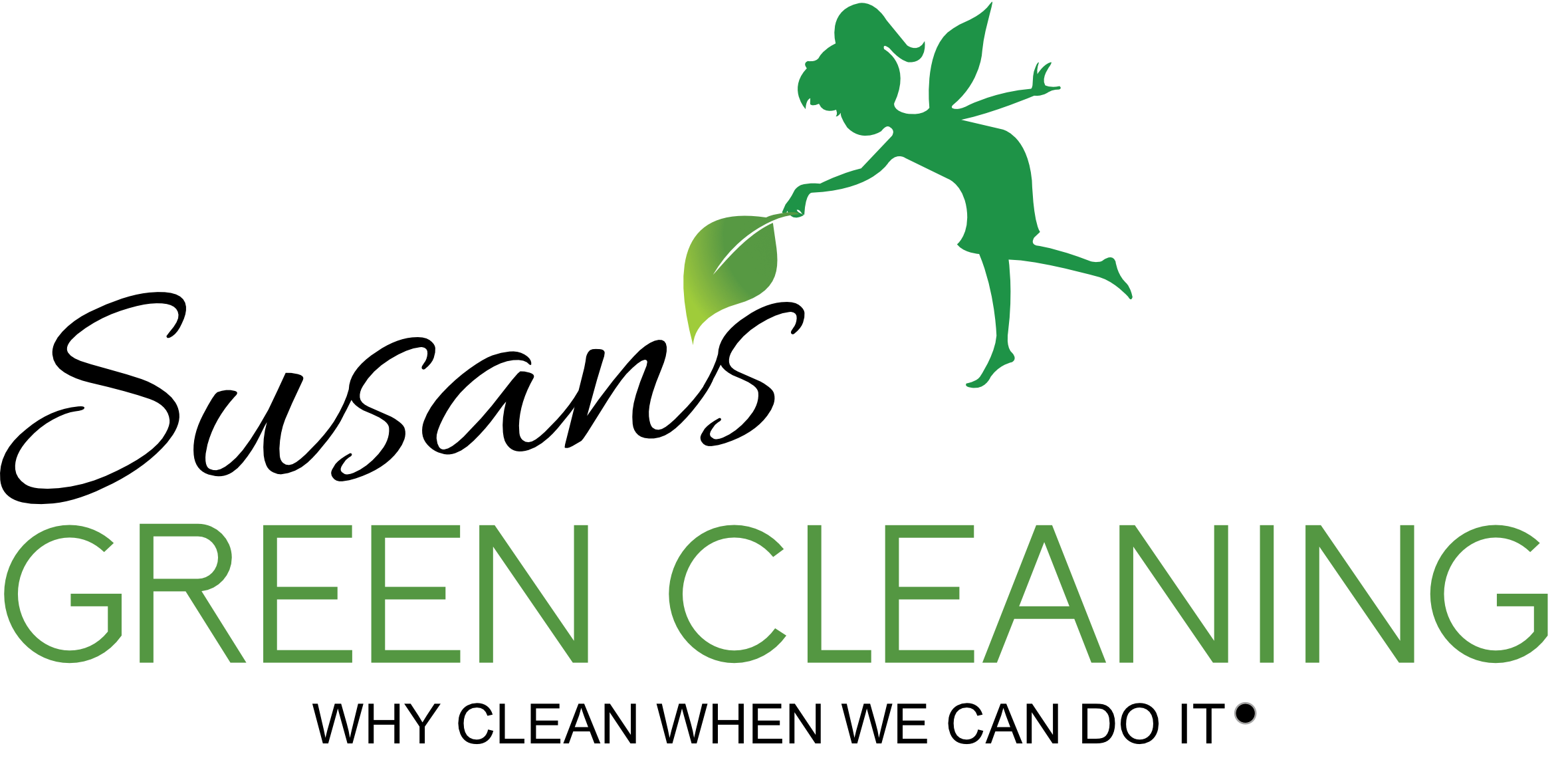
Clutter and You: Part 2
Attachment Clutter and the Psychology of Space
Clutter is clutter, right? Or are there hierarchies of clutter?
The state of your home reveals something about your psyche, your emotions, and intellect. What you keep tells much about you: how you keep order, how stuck you are in the past, and how you see the world.
Why does it matter how you keep your home? Ph.D. and Professor Samuel Gosling, author and psychotherapist Amy Morin, and executive therapeutic coach Lisa Pepper-Satkin all study the psychology of spaces, from the pictures on your walls to the magazines on your coffee table. Gosling says that traces of your psyche are all over your home. “We can organize the things in our homes into categories,” he explains. “The first, is identity claims. Photographs, music records, and art we choose—these are the items that we believe represent our values.” He adds that, “…as a human, your being understood is one of your most prioritized subconscious needs, so you decorate your home to reflect yourself.”
Morin agrees, saying, “You can tell what you build your self-esteem around based on the things you hold onto.” In her book, 13 Things Mentally Strong People Don’t Do, she talks about the meaning of our things. “If you have your diplomas and awards framed, your intellect might be what you value. If it’s sports trophies, maybe your athletic tendencies have built you.” Understanding this, according to Morin and Gosling, can help you better understand your nature and needs.
Take a good look at a specific type of clutter that you keep in your home: Attachment clutter. Like the name implies, attachment clutter is clutter that you are attached to. It is the assortment of things you save because they evoke triggers in you when you see them, or when you consider getting rid of them. Since the items represent a part of you, sorting through them causes feelings of heart-longing, joy, or loss of identity and/or relationships. Getting rid of said item causes guilt, hurt, or anxiety of loss over the item. Asking yourself a key question can help you decide whether to keep the item or part with it.
Does this item move you in a healthy way?
If you are trying to decide if you should keep something or part with it, asking yourself if it is moving you in a healthy way can be extremely helpful. Why would you keep something around if it makes you sad? Why hang on to it?
Another question to ask is if a picture of the item would suffice. Having a sentimental photo album full of items that spark memories is a good idea. A good example of attachment clutter is clothes that you or your child owned: T-shirts from when you or your child were on a baseball team, an outfit grandma bought, hand-me-downs that your mom wore when she was your age, baby clothes, and so on. Other examples of attachment clutter are love notes from someone you are no longer dating, toys that you or your kids loved, furniture you no longer need, certificates of participation, sports trophies, or books you read once upon a time. Take a good look at the reason why you are attached to these. Trophies have your name on them and represent relationships and memories with friends on the team you were part of. Do they still move you? Are the feelings they evoke healthy? Unhealthy? Neutral? Can the memories they spark stand on their own or do you need to see them physically to remember? Would making a quilt out of memorable items of clothing be less clutter and just as sentimental?
Be easy on yourself and realize that you are not sorting clutter, but memories.
Letting go of these things can remove barriers that prevent you from moving on. You are removing attachments to gain white space in your soul. When viewed this way, it is more apparent that you are gaining something as you lose. You are freeing yourself.
Decluttering attachments is letting go of emotional baggage; they are one and the same.
This applies to items you keep out of guilt as well…Or out of fear. It puts control back in your hands. Getting rid of items that you keep “in case you need them one day” can be incredibly irresponsible or amazingly courageous. Only you know whether your motivation is healthy or not.
Gosling and Morin say another reason why it is difficult to get rid of things is that your stuff has meaning, not just the stuff specifically, but the space and atmosphere the collective stuff creates. Deliberate decorative choices not only reflect your feelings, but also influence them. “I like to call them thought and feeling regulators,” says Gosling. “The concept of personal space and how we dress it is not this whimsical idea about where you live. It has a profound effect on you.” The things in your home facilitate feelings by making the space feel fresh and lively, or stagnant and sad. As for attachment clutter, Morin finds nostalgic items a “double edged sword.” Allowing photographs, gifts, and other emblems of your past experiences to have space in your home are a mixed bag, producing simultaneous and sometimes conflicting emotions. “These feelings are funny and they tend to provoke interesting emotions. It’s somewhat comforting to have them, but it’s important to be aware of the weight they carry.”
Lisa Pepper-Satkin says: “The home is a metaphor for the self. If the home is cluttered, we tend to feel cluttered…everyone has different comfort zones. Particularly around mess and energy flow. But if you take notice of how productive you are in your space, you can capitalize on that knowledge.” Clearly, being self-aware about your space can predicate stress or success. Like Gosling says, “Conscientiousness is expressed in tidiness…to some degree, we can tell the level of conscientiousness in a person by looking at their personal space.” BUT – the first personality trait expressed by tidiness in the home is not conscientiousness, as you might expect, but opennesss. Openness is exhibited more by people who keep less things than by those who keep more. The reason? People who are hungry for new experiences tend to lean forward to the future rather than hang onto things from the past. They simply have less clutter. It makes sense that an uncluttered house correlates to an uncluttered life, both outward and inward. Opening yourself up is the best way to bring new into your life.
This article is Part 2 of our series on Clutter and You. Read Part 1 here.
